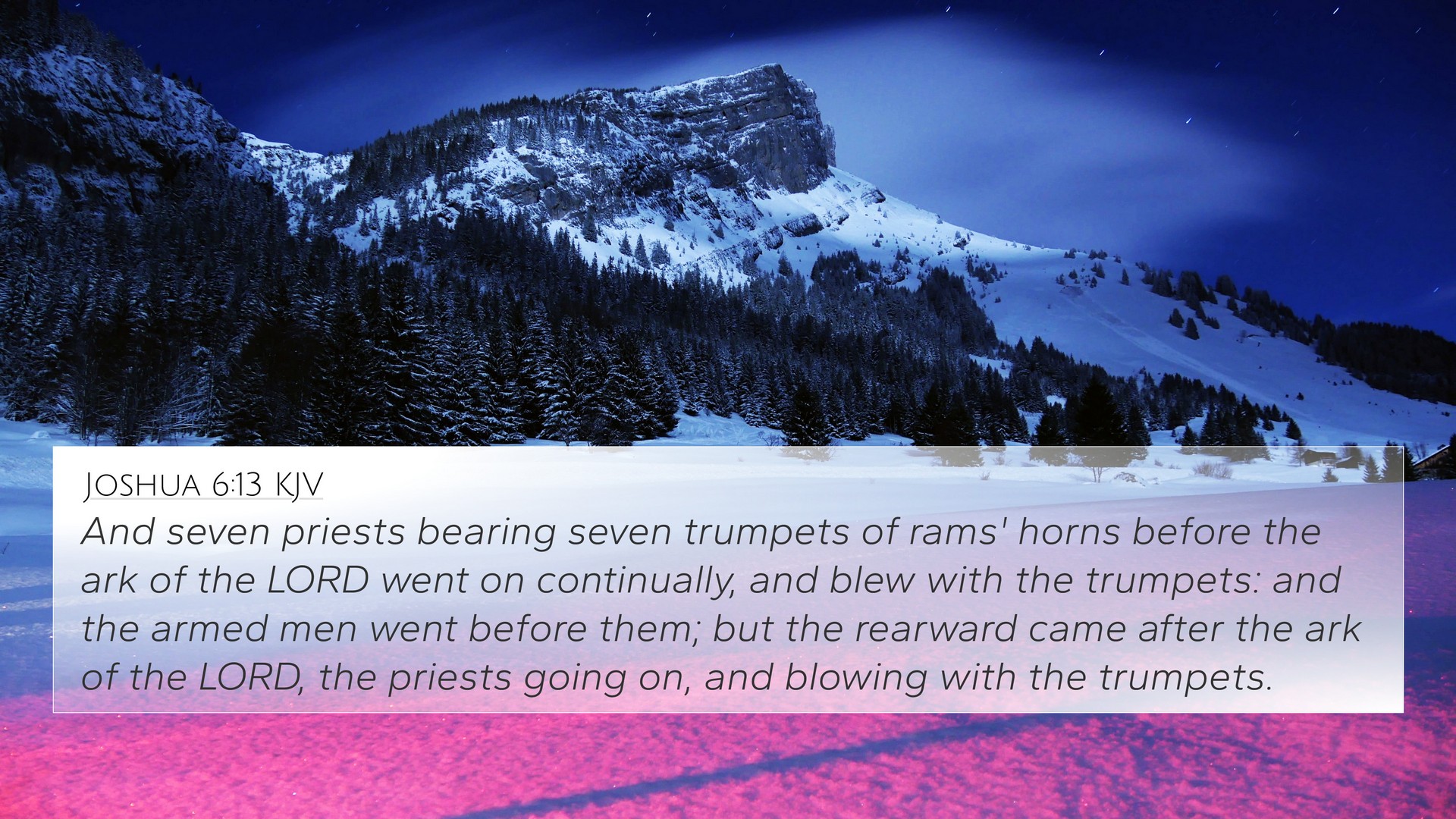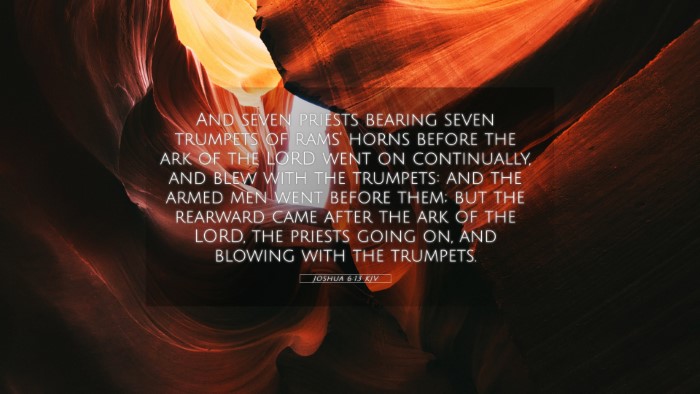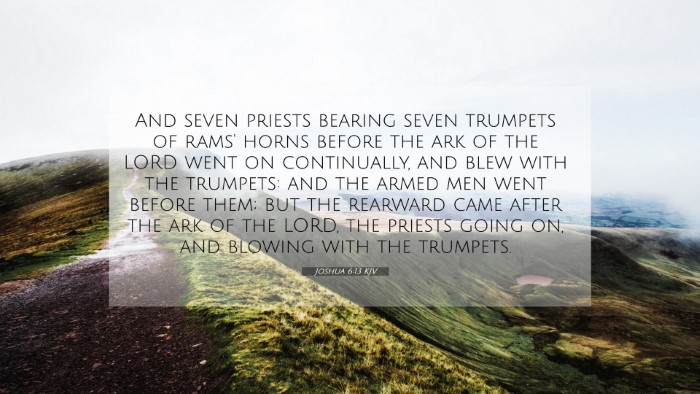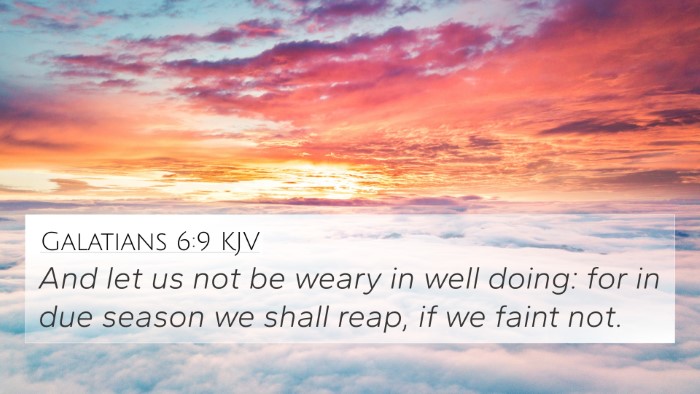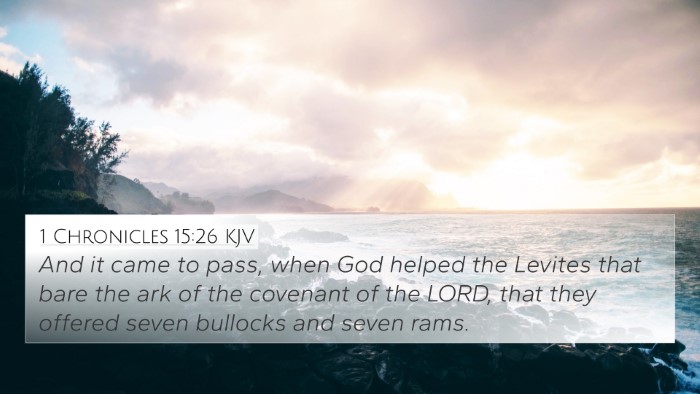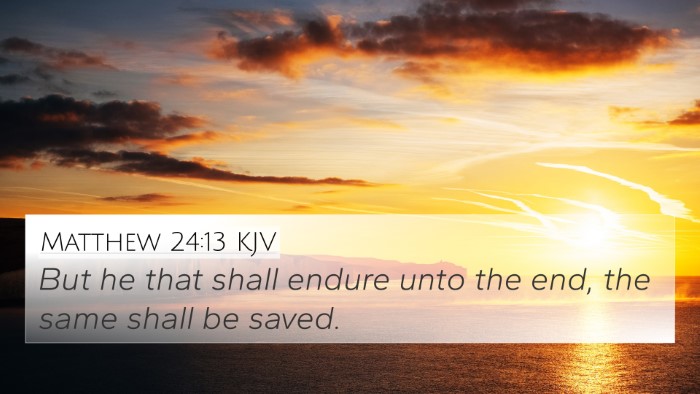Understanding Joshua 6:13
Joshua 6:13 states:
"And seven priests bearing seven trumpets of ram's horns before the ark of the LORD went on continually, and blew with the trumpets: and the armed men went before them; but the rearward came after the ark of the LORD, the priests going on, and blowing with the trumpets."
The verse describes the specific instructions given to the Israelites regarding the siege of Jericho. This act was not merely military; it involved ritual and divine significance. Here we examine the verse's deeper meanings through the insights gathered from public domain commentaries by Matthew Henry, Albert Barnes, and Adam Clarke.
Commentary Insights
-
Matthew Henry's Commentary highlights the role of the priests and the sacredness of their task. The priests' action of blowing the trumpets symbolized a divine proclamation. This connects with the broader theme of God's presence leading His people through challenging times.
-
Albert Barnes notes that the trumpets were made from ram's horns, signifying not only a call to battle but also a reminder of the importance of obedience to God's commands. The use of ram's horns is reminiscent of Old Testament sacrifices, reflecting a dedication to God before the physical confrontation at Jericho.
-
Adam Clarke's Commentary emphasizes the cohesiveness of the groups, with priests leading the march while the armed men followed. This organizational structure points to the importance of divine order and community in achieving God's promises.
Thematic Connections and Cross References
This verse serves as a pivotal moment in Israel's history. It connects with the broader narrative of God's faithfulness and the Israelites' obedience. Here are key cross-references that illuminate the themes found in Joshua 6:13:
- Exodus 19:16-19 - highlighting the sound of trumpets heralding God's presence.
- Numbers 10:1-10 - discusses the usage of silver trumpets for calling the assembly and breaking camp, reflecting the concept of divine communication.
- Psalm 47:5 - where God ascends with a shout, linked to the celebratory nature of trumpets.
- 1 Corinthians 15:52 - reflects the concept of the last trumpet at the resurrection, linking Old and New Testament themes.
- Hebrews 11:30 - mentions the faith of the Israelites in marching around Jericho, paralleling their obedience in Joshua 6:13.
- John 10:27 - emphasizes hearing and following God's voice, akin to the obedience represented in this verse.
- Revelation 1:10 - speaks of the voice like a trumpet, connecting the prophetic tradition of foretelling and God's commands.
The act of blowing trumpets while carrying the Ark of the Covenant illustrates a profound ritualistic connection, emphasizing God's guidance in warfare (Joshua 6:4). The Israelites’ preparation in this context serves as a lesson on the relationship between divine instruction and human action. It encourages us to seek and obey God's commands, particularly in daunting circumstances, knowing He leads us as He led the Israelites into victory.
Conclusion
Joshua 6:13 is pivotal in both the historical and theological narrative of the Bible. Understanding it involves examining the layers of contextual meaning and the connections it has with various scriptures. As we reflect on these insights, let us appreciate the intricate relationships between Bible verses and how they contribute to our understanding of God's ongoing story with His people.
